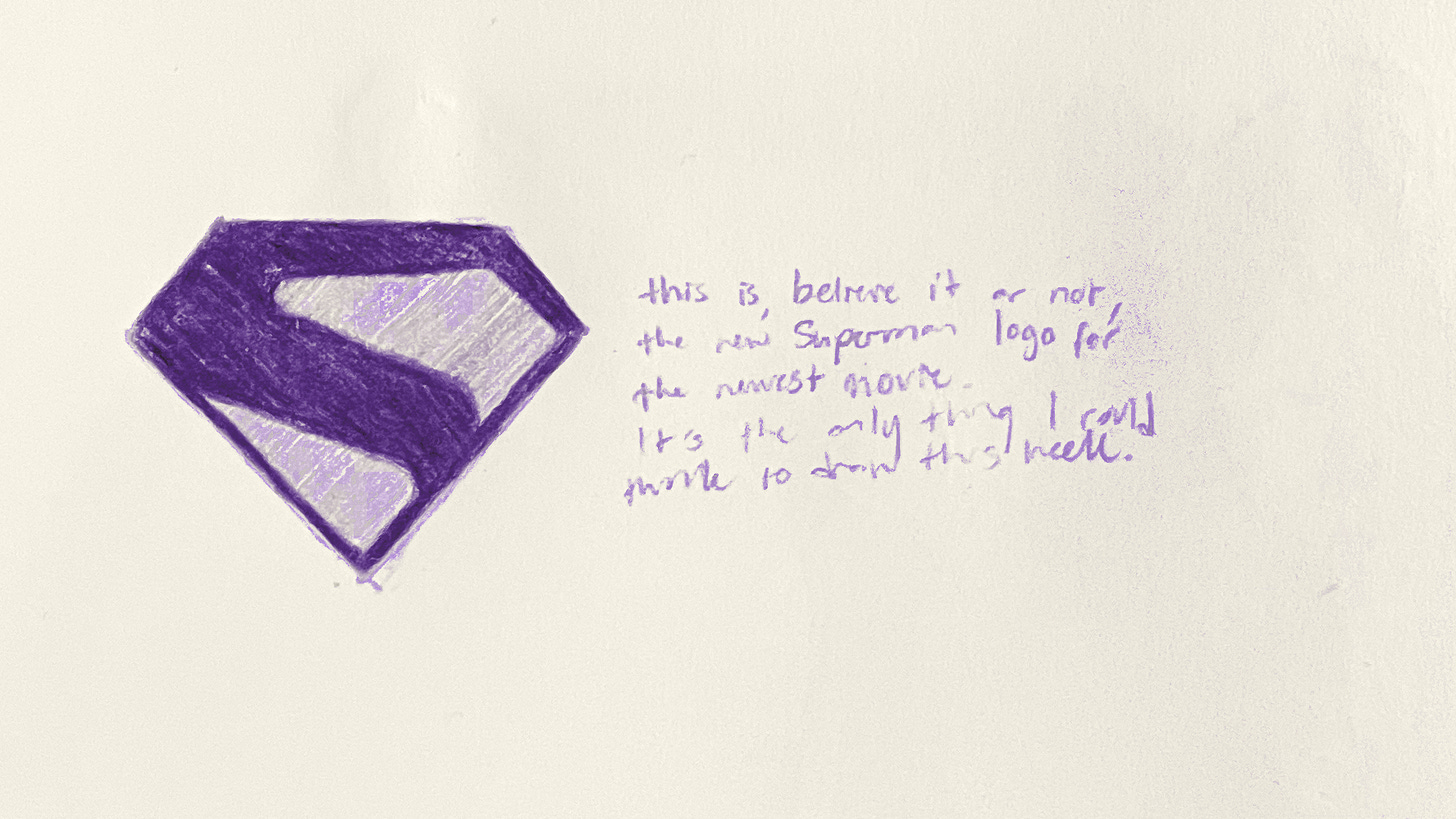Tummy time.
A discussion on body sensitivity.
Like the observer effect in quantum mechanics, my stomach seemingly grows in size whenever I stand in front of a mirror. Where I expect to see a slim, lithe trunk, a sturdier one than imagined greets my eye. This has been the case my whole life. There’s a very charming picture of me as an eight-year-old wearing very long, very baggy swimming trunks, a pair of translucent turquoise swimming goggles, and a brightly coloured beach towel. The towel is tied around my neck like a cape and my fists are on my hips in a Superman pose, pushing out a very round tummy. My smile could not be wider.
Being curvy runs in the family. I know a couple of my older loved ones struggle with knee and back pain that is, no doubt, exacerbated by any extra weight. I also know a few family members who may not be physically hindered by their weight, but struggle or have struggled with their weight socially, especially in their youth. I was certainly bullied because of my voluptuousness. Luckily, because it’s something that affects all of us (whether it’s up to genetics or our behaviour), I was equipped with two tools to combat the social difficulty I faced. The first was access to the experience and wisdom of those who had come before me. Two generations of people who had been outcast at one time or another because of their body shape, who had experienced embarrassment or shame or harassment, who had overcome the jeers and stupid comments from the crowd, who had affirmed their value despite all this, taught me how to do the same. They taught me to look at what I liked, not what others didn’t. Even when I struggled to like my tummy, I learned to like other stuff, like my dark, curly hair and my blue eyes. I had hair and eyes just like Superman’s, hence the smile in the photo. The second thing they provided me with was safety. The swimming pool at school was a nightmare. The idea of taking off my shirt in front of the other kids, including the boys who poked fun at me and the girls I wanted to like me, terrified me. When I swam in Granny’s pool at a family gathering in the summer, I had no reason to be ashamed of my big tummy—mine was the smallest one there!
I was speaking to a young woman earlier this week about our bodies. She had experiences similar to mine. As with my body, she had experienced moronic, insensitive, cruel comments shared with her against her will by people who seemed to think they had a right to have and share a hateful opinion. The difference being, she wasn’t a victim because she was fat, but because she was a woman. Since her body began resembling an adult’s rather than a child’s, she was inundated with crude, unwelcome comments. My heart broke for her as she hesitantly shared this with me.
I spoke about the tools my family had equipped me with, discernment and a sense of safety. She agreed, that she had been given access to both in her childhood, too. The biggest difference in our stories, perhaps, is the divergence after childhood. I went to high school where my (compulsory) engagement in school sport leaned me out a little and then on to university where my weight was less easily targeted. In fact, as the culture changed and the body positivity movement grew, it became more and more taboo to comment negatively on someone’s body. My safe space grew from being the size of Granny’s house to just about everywhere, except still maybe the swimming pool, on a bad day. For the young woman with whom I spoke, her safe space diminished. As she moved on to high school and then to university, where she began engaging larger groups of strangers, the comments occurred more frequently. What’s more, at the same time that the body positivity movement was swelling, sexual harassment seemed to be far more easily swept under the rug. I was ashamed to have a body worth commenting on, I cannot imagine the shame, anger and fear that an endless stream of comments must generate.
I am most shocked that I am largely ignorant of this kind of behaviour. In my everyday life, I have the impression that I never see women being harassed. According to her life experience, though, and to many other young women’s, I’m sure, it is something of a daily occurrence. I have no solution, I have no recommendation, I have no resolution. I don’t know what to say or do at all.
There is one comment on my weight that stands out in my memory. In our biology lesson, when my fourth-grade teacher asked a few of her students how much they weighed and I answered fifty-five kilograms, she put her hand to her chest in shock and announced to the class that she only weighed fifty. I can’t remember if I cried about it afterwards or not, but it clearly made an impression if I can recall it fifteen years later. If you enjoyed this week’s journal, please subscribe.




